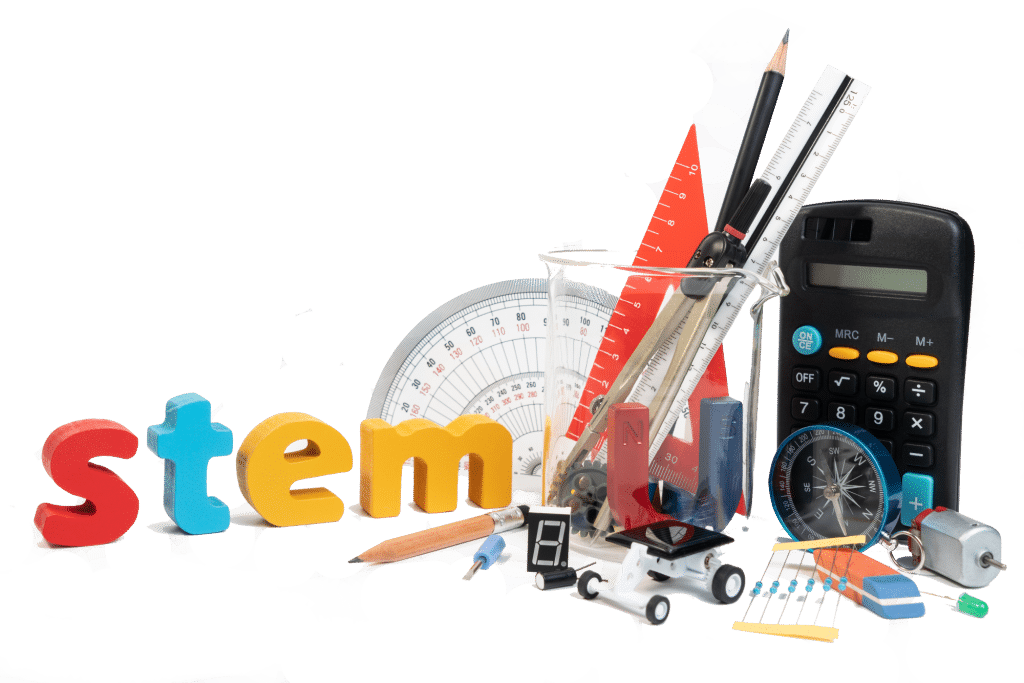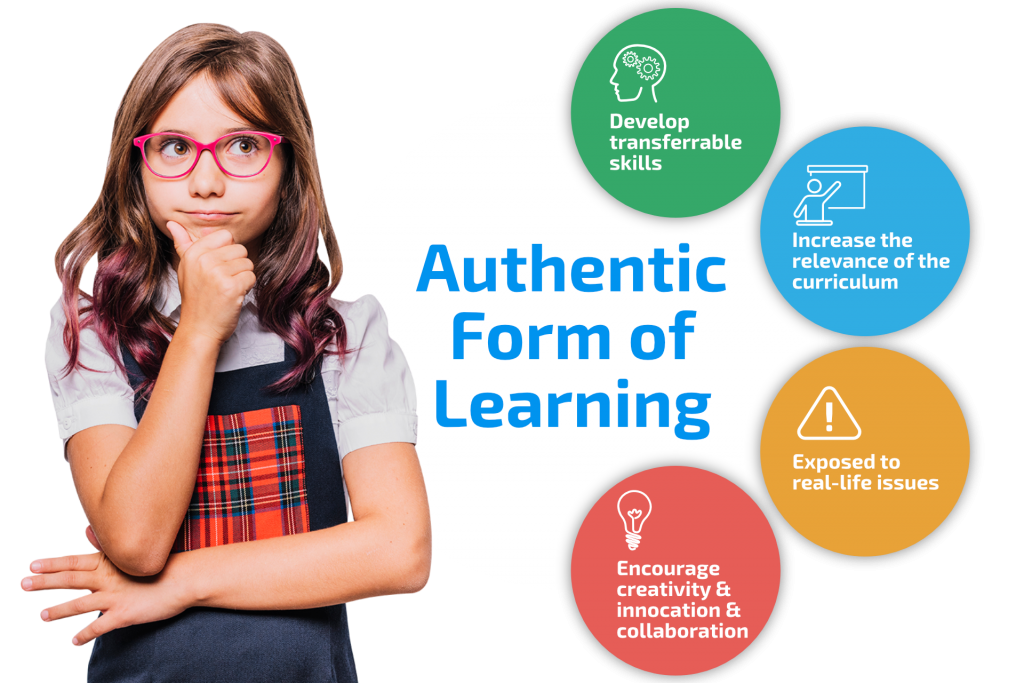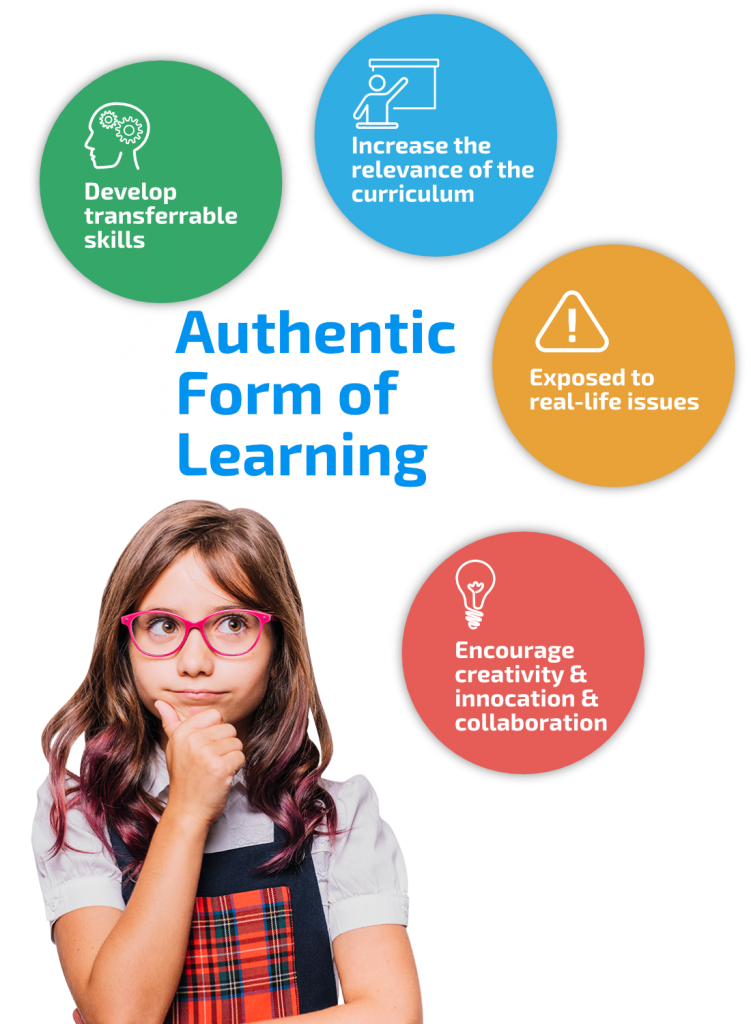About Us
Our strength in the Field of STEM studies
Our Principles
- Vasquez, J. A., Sneider, C. I., & Comer, M. W. (2013). STEM lesson essentials, grades 3-8: Integrating science, technology, engineering, and mathematics. Portsmouth, NH: Heinemann.
A Focus on integration
Connects concepts that seem unrelated to students.
Establishing Relevance
It is our job as educators to explain why the knowledge and skills learnt are useful. Why should students care? It is easy to explain relevance when students are given real-world problems, current event situations, or any appealing event.
Development of 21st Century Skills
The work place where our students will enter in the future requires a workforce that can do the following:
a. Leanring skills: Critical thinking and collaboration
b. Literacy Skills: Information, media, and technology
c. Interpersonal skills: Leadership, initiative and productivity
Empowerment and motivation of students through a Growth Mindset
Engagement through Active Learning
a. Problem-based Approaches
Critical thinking and collaboration
Students are given a problem to design creative solutions for problem-based approaches.
b. Project-based Approaches
Critical thinking and collaboration
Students are given options and how to produce products, or develop solutions that demonstrate their learning, as well as having a voice in the way they are evaluated.

Problem-centered Curriculum, Inquiry-based Learning
We are adept in providing a systematic science curriculum accompanied with our STEM kits containing Hands-on/Minds-on Science materials to empower students to pursue challenging subjects.
Every STEM kit is based on Problem-centered Curriculum Design (PCD) aligned with the Ontario Curriculum expectations and the American Next Generation Science Standards (NGSS). Inquiry-Based learning (IBL) is the approach we adopt in both the design of the STEM kits and the delivery of our lessons.


Why student led inquiry? Why now?
If we are only teaching what we know, our children can only do as bad as we are doing, and this is the challenge we are facing – we have to go beyond it.
Reference: Pauli, G. (2009). How can we use finite resources to propel ourselves in the future? TEDxTokyo, Retrieved Aug 16, 2019, from https://www.youtube.com/watch?v=UQBp6z4j704
Inquiry-Based Learning Approach[2]
places students’ questions, ideas and observations at the center of the learning experience.
Ideas are respectfully challenged, tested, redefined and viewed as improvable.
Moving children from a position of wondering to a position of understanding and questioning.
Both educators and students share responsibility for learning.
2.Capacity Building Series – edu.gov.on.ca. Retrieved from http://www.edu.gov.on.ca/eng/literacynumeracy/inspire/research/CBS_InquiryBased.pdf
Rigorous Tutor Recruitment Standards
We select our curriculum experts from hundreds of candidates who have excelled in STEM backgrounds. Our curriculum experts prepare our tutors to be able to teach both online and in person.
Outstanding Higher Education Background
Our curriculum experts and tutors are graduates from top universities like University of Toronto, Queen’s University, and McMaster University, etc. They are:
• Ontario College of Teachers (OCT);
• Registered Early Childhood Educators (ECE).
Professionals in the STEM Teaching Field
• Master graduate of Science in Education with advanced STEM literacy;
• Professionals in STEM teaching and curriculum development;
• Experts in Early childhood education.

Outstanding Higher Education Background
Our curriculum experts and tutors are graduates from top universities like University of Toronto, Queen’s University, and McMaster University, etc. They are:
• Ontario College of Teachers (OCT);
• Registered Early Childhood Educators (ECE).
Professionals in the STEM Teaching Field
• Master graduate of Science in Education with advanced STEM literacy;
• Professionals in STEM teaching and curriculum development;
• Experts in Early childhood education.
